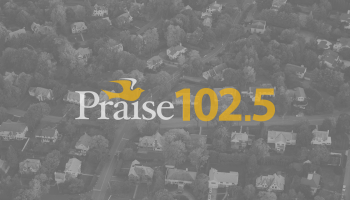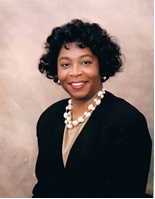Face the Fact:
According to the CDC (Centers For Disease Control), African Americans have a higher incidence of HIV infection of all racial/ethnic groups in the United States. Compared with other races and ethnicities, African Americans account for a higher proportion of HIV infections at all stages, from new infections to deaths.
Look at the Stats:
- In 2010 African Americans accounted for an estimated 44% of all new HIV infections among adults and adolescents, 13 years or older, despite representing about 13% of the US population.
- In 2010, black men accounted for 70% of new HIV infections among all adult and adolescent black which is a rate 7 times as high as white men.
- In 2010, black gay and bi-sexual men MSM (men who have sex with men), represented 36% of new HIV infections among all MSM.
- In 2010, the estimated rate of new HIV infections for black women was 20 times as high as the rate for white women. Most HIV infections among black women are attributed to heterosexual sex.
The Deck Is Stacked:
African American communities have higher rates of other sexually transmitted infections (STIs) compared with other racial/ethnic communities in the United States. Having an STI can significantly increase the chance of getting or transmitting HIV.
The poverty rate is higher among African Americans—28% more than for any other race. The socioeconomic issues associated with poverty, including limited access to high-quality health care, housing, and HIV prevention education—directly and indirectly increase the risk for HIV infection.
Having sex with partners of the same race/ethnicity is the tendency for African Americans, which means that they face a greater risk of HIV infection with each new sexual encounter.
Our Attitude Is Whack:
Lack of awareness of HIV status affects HIV rates in our communities. Almost 100,000 people in the African American community in 2009 were unaware of their HIV status. Late diagnosis of HIV infection is common, which results in missing out on early medical care and preventing transmission to others.
Stigma, fear, discrimination, homophobia, and negative perceptions about HIV testing also place African Americans at higher risk. Many at risk for infection fear stigma more than infection and may choose to hide their high-risk behavior, rather than seek counseling and testing.














